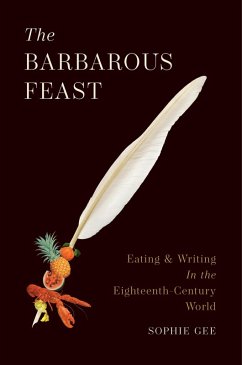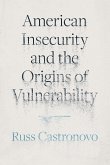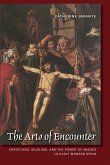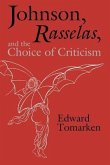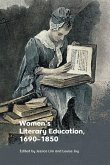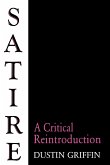A bold new argument about how eating rituals across the eighteenth-century globe reveal an untold story about the rise of the novel In The Barbarous Feast, Sophie Gee argues that novels and eating rituals were interconnected, but conflicting, systems used to depict selfhood and represent personal inwardness in colonial Europe, the Americas, and Australia. Gee tells a vibrant story of how people living at the margins of colonial power drew upon eating and writing to manage their own interior lives. She coins the term “metabolic subjectivity” to describe the idea of energetic, embodied selfhood that is made by eating and drinking and which connects humans to other living species. This concept, while taken from colonial eating rituals, offers new ways to understand personal inwardness in written texts. Gee tells intersecting stories of eating and writing that range from the Protestant Lord’s Supper to West Indian Indigenous predation rituals. Gee alternates chapters of literary analysis, offering new readings of Daniel Defoe, Richard Ligon, Richard Steele, Henry Fielding, and others, with personal nonfiction essays exploring the afterlife of empire and imperial inwardness in Australia. With The Barbarous Feast, she offers an expansive account of inwardness in and out of novels, and across countries, historical periods, and cultures, putting literary studies in conversation with environmental studies, religious history, Indigenous studies, and food studies.
Bitte wählen Sie Ihr Anliegen aus.
Rechnungen
Retourenschein anfordern
Bestellstatus
Storno

